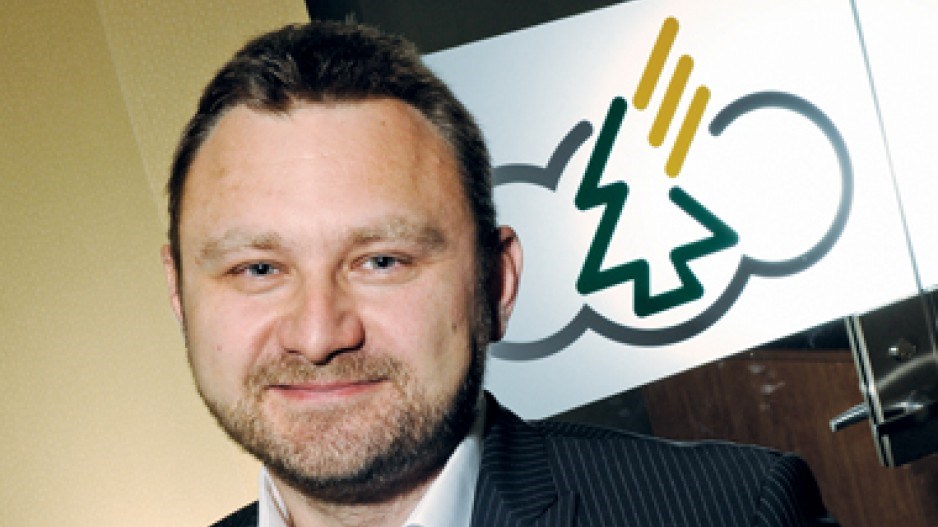Vancouver-based MicroCoal Ltd. will begin construction of a pilot project in Indonesia this month.
The clean-tech company, a subsidiary of Carbon Friendly Solutions (CNSX:CFQ), has developed a water-removal process that uses microwaves to turn low-quality coal into high-grade coal.
MicroCoal recently signed a letter of intent with private power company PT Citicon Energy to undergo a two-part installation of its technology at a plant in Banjarmarsin, an Indonesian provincial capital. Indonesia is one of the world’s foremost coal-burning countries.
Carbon Friendly CEO Slawek Smulewicz told Business in Vancouver he expects construction of the first phase of the pilot venture – which will treat 200,000 tonnes of coal per year when operational – to last about two months. After the first phase is completed, a second phase doubling the amount of coal treated will begin.
Smulewicz added that another Indonesian-based project for state-owned energy authority Perusahaan Listrik Negara is scheduled to be completed by the end of 2013.
“They [Perusahaan Listrik Negara] are the biggest producer of electricity in Indonesia,” said Smulewicz. “We are working on a demonstration project for them. They own huge power plants, everything from 200- to 1,000-megawatt power plants.”
The main difference between high- and low-grade coal is its water content. Low-grade coal, while significantly cheaper than its high-quality counterpart, has more water and therefore a lower energy or calorific value.
By removing that water, MicroCoal’s microwave technology increases low-grade coal’s quality and raises its energy value close to that of high-grade coal.
That allows energy companies to reap significant cost savings from buying low-grade coal.
“If we can remove the moisture, we can increase the heat value,” said Smulewicz. “Low-grade coal is about $35 per tonne, while high-grade coal is about $75 per tonne.”
In addition to allowing power plants to burn cheaper coal, a MicroCoal installation can save them from having to install and operate expensive scrubbers. High-grade coal, while not requiring any moisture extraction, has high sulphur content. To remove that sulphur, plants install scrubbers that cost about $200 million. Operating those scrubbers represents about 3% of a power plant’s annual electricity bill.
“This technology really maximizes the potential of coal,” said MicroCoal president Stan Lis.
“You simply don’t have to buy expensive coal.”
A small MicroCoal reactor – for a 200-megawatt power plant, for instance – would cost about $40 million to install.
Smulewicz said Carbon Friendly Solutions is also eyeing projects in America.
The company has signed a letter of intent with Ameren Corp. (NYSE:AEE), the third largest utility company in the U.S. Details of the project have yet to be finalized.
MicroCoal technology was developed and studied in a testing facility in Golden, Colorado.




